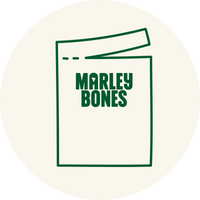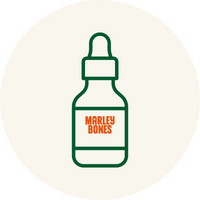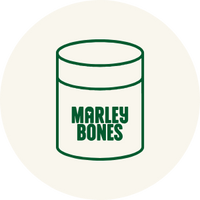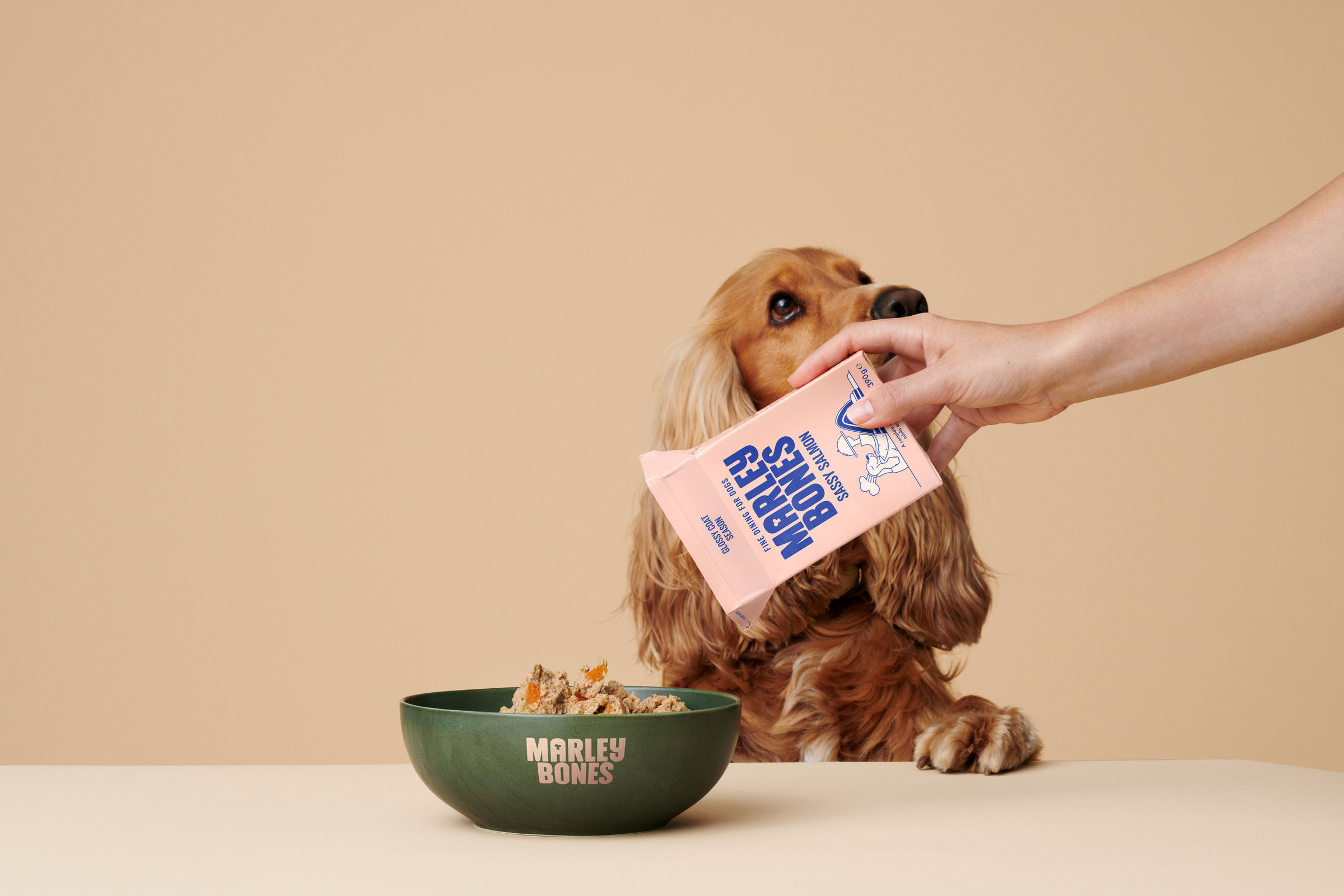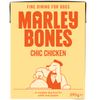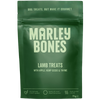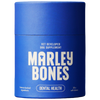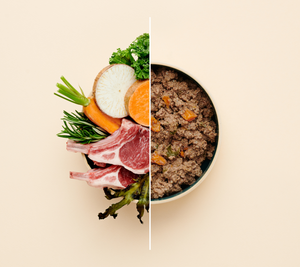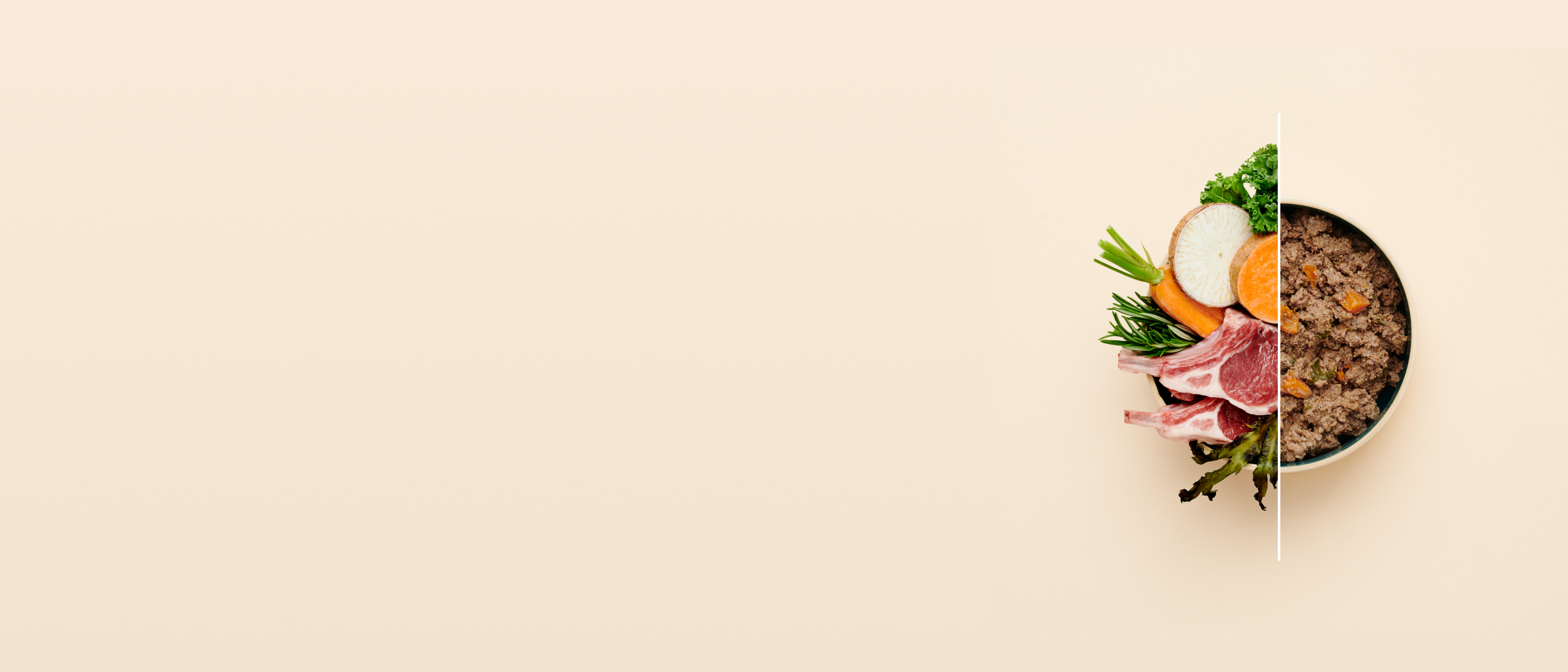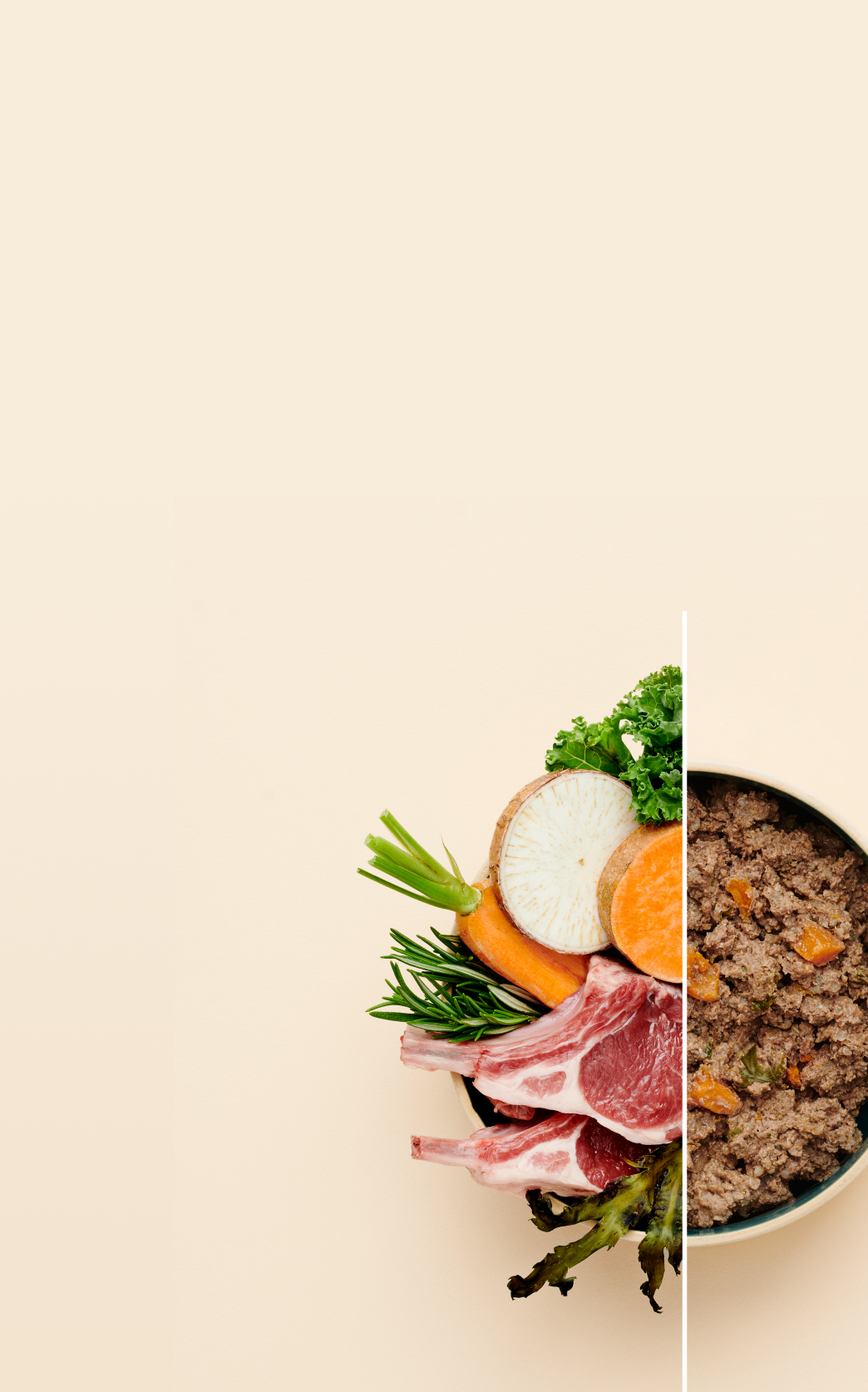Can My Dog Eat Bacon? Safe Practices and Risks
Bacon might be a breakfast favourite for us humans, but should it be shared with your dog? The short answer is: not really. While the odd tiny piece of cooked bacon is unlikely to do serious harm, it’s not a food that should become part of your dog’s diet.
The reason is simple: bacon is high in fat, salt, and preservatives – all of which can be risky for dogs. From tummy upsets to more serious conditions like pancreatitis or salt poisoning, bacon carries more downsides than benefits.
So before slipping your pup a rasher from your plate, here’s what you need to know about bacon, the health risks involved, and the healthier alternatives that will keep tails wagging.
Why Bacon Isn't Ideal for Dogs
Dogs need a diet that balances protein, fat, vitamins and minerals. Bacon, on the other hand, is heavily processed and rich in ingredients that don’t do much good for canine health.
Typical nutritional breakdown (per 100g of bacon):
- Calories: ~541 kcal
- Fat: ~42g
- Protein: ~37g
- Salt: ~1.8g
That level of fat and salt is excessive for dogs. Too much fat can trigger pancreatitis – a painful and potentially life-threatening inflammation of the pancreas. Salt in high quantities may lead to sodium ion poisoning, which causes vomiting, diarrhoea, tremors, or even seizures.
And then there are preservatives such as nitrites and nitrates, which are linked to long-term health concerns. In short: bacon is far from a dog-friendly food.

Health Implications of Feeding Bacon to Dogs
Even in small amounts, bacon can cause:
- Digestive upset – vomiting or diarrhoea.
- Pancreatitis – triggered by high fat intake.
- Sodium poisoning – especially dangerous for smaller dogs.
- Weight gain and obesity – contributing to joint problems and heart disease.
Long-term, regularly feeding bacon can also increase the risk of chronic illnesses due to the additives used in curing.
Safe Feeding Practices (If You Really Must Share!)
If you can’t resist letting your dog have a taste:
- Keep it rare – a tiny piece on a very occasional basis.
- Choose uncured, low-sodium bacon to reduce harmful additives.
- Always cook bacon thoroughly (never give raw pork).
- Watch closely for any negative reactions afterwards.
But the truth is, there are far better and healthier treats you can offer your dog – ones that deliver flavour and nutrition without the risks.
Healthier Alternatives to Bacon
The good news? Dogs don’t need bacon to feel spoiled. There are plenty of safe, tasty alternatives that provide the meaty satisfaction without the health concerns.
Lean Meats
Cooked chicken, turkey, or lean beef are excellent high-protein options, lower in fat than bacon and much gentler on the stomach.
Fruit & Vegetables
Dogs can enjoy apple slices, carrot sticks, blueberries and more. They’re low in fat and rich in vitamins.
Specially Formulated Treats
Look for dog treats designed with balanced nutrition in mind. Brands like Marleybones use freshly prepared meats, vegetables, and superfoods, with no added preservatives – perfect for guilt-free treating.
Homemade Snacks
Whip up simple dog-friendly bakes using pumpkin puree, oats, or peanut butter. Homemade treats can be both nutritious and fun to make.

The Final Woof
So, can dogs eat bacon? Technically yes, but they really shouldn’t. Bacon is high in fat, salt, and additives that can do more harm than good. While a small nibble on a rare occasion is unlikely to cause disaster, it’s not worth the risk – especially when there are so many healthier alternatives available.
Treats should be just that – treats. The best way to show your love is by choosing snacks that support your dog’s health as well as their happiness. With lean meats, fruit, vegetables, and high-quality treats like Marleybones, you can spoil your pup safely without ever needing to share your bacon.


